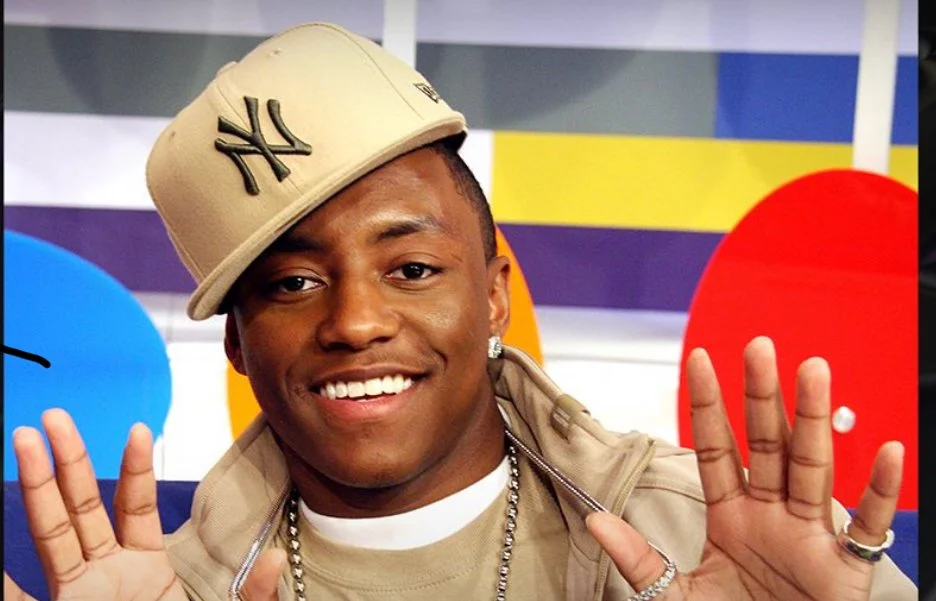Philadelphia rapper Cassidy recently stirred the pot with controversial statements, claiming that there are individuals in the music industry who have committed acts as bad, if not worse, than those attributed to R. Kelly. His remarks, made during an interview, have ignited discussions about accountability, selective outrage, and the complexities of separating art from the artist in an industry marred by controversy.
Cassidy's bold assertion suggests a level of misconduct beyond what has been exposed in the case of R. Kelly, who faced legal troubles related to sexual misconduct allegations. The rapper argues that if society is to address criminal actions within the music industry, it cannot selectively focus on one individual but should scrutinize the actions of others as well.
His call to broaden the scope of accountability raises challenging questions about the music industry's culture, with implications for artists who may have engaged in unethical or illegal activities. Cassidy contends that anger should not be selectively directed at certain individuals but should encompass anyone guilty of wrongdoing, posing a dilemma for fans and the industry at large.
The rapper's comments force a conversation about whether society can, or even should, separate an artist's personal actions from their art. The music industry has a long history of grappling with artists who face legal or ethical controversies, and Cassidy's remarks shine a spotlight on the challenges of navigating these complexities.
As discussions unfold, one must consider the potential consequences of holding artists accountable for their actions. Does society have the responsibility to demand moral integrity from those in the limelight, or is it feasible to compartmentalize an artist's personal life from their artistic contributions?
Cassidy's controversial stance invites reflection on the fine line between acknowledging an artist's wrongdoing and appreciating their creative output. The broader conversation spurred by his comments transcends R. Kelly's specific case, delving into the moral fabric of an industry that has often grappled with issues of power, privilege, and accountability.










